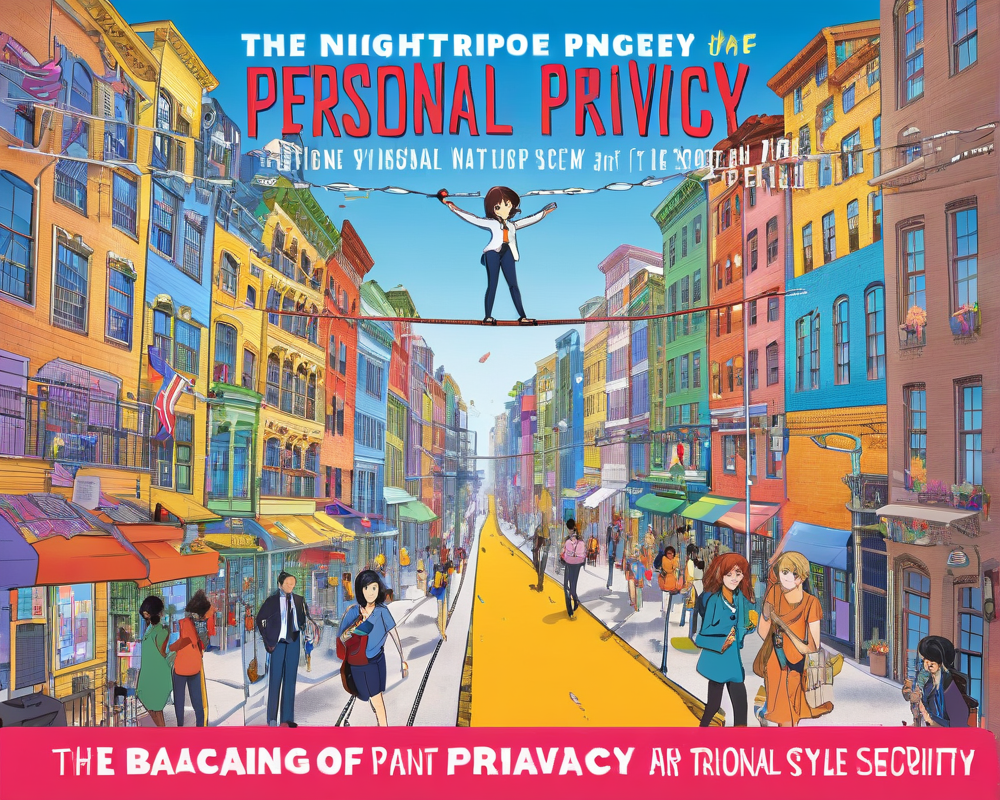The Tug of War: Privacy vs. Security
Ah, the age-old debate: privacy or security? It’s like choosing between a warm blanket and a cozy fire. On one hand, we have privacy, a quaint little thing that allows you to shuffle through your sensitive business while sipping tea. On the other hand, we have security, the stealthy guardian at the gate, armed with the latest high-tech gadgets. In a world teeming with terrorism and all sorts of random chaos, many folks are raising their hands to trade a little privacy for a sense of safety. But how much is too much?
Encryption: The Digital Cloak of Invisibility
In an effort to wrap their communications in a protective digital cloak, people have turned to encryption like it’s the latest fashion trend. Apps like Telegram and WhatsApp have quickly become the shopping bags of digital correspondence for a whopping 135 million users. Telegram was the original trailblazer in this area, but WhatsApp has been hot on its heels, making sure it doesn’t get left in the digital dust.
Of course, this newfound ability for the masses to chat privately sends shivers down the spines of those in the intelligence community. After all, their job is to eavesdrop, and now everyone is playing hard to get!
Cracking the Code: BND’s Daring Dilemma
Enter the German Federal Intelligence Service, also known as the BND, which has sat down and come up with a plan to extract the juicy bits from encrypted chats. They have allocated a juicy budget of 150 million euros to tackle this problem head-on. Sounds like a Netflix thriller, doesn’t it?
The BND has rolled out Project ANISKI, which aims to “exploit weaknesses in the implementation” of popular communication apps. Basically, they’re trying to turn digital lockpicking into an art form. Welcome to the era of ‘spy tech’; wearing black turtlenecks is optional.
The International Front: A Mixed Bag of Reactions
Oh, but the drama doesn’t stop in Germany. The world is reacting to encryption like a toddler throwing a tantrum. For instance, Brazil once had a judge who, fed up with WhatsApp’s encryption, thought, “What if I just banned the whole thing?” This lead to a public outcry as Mark Zuckerberg himself chimed in, sounding like a sad parent losing a game of Monopoly.
- Brazil: Encryption ban and jail time for executives.
- India: The Supreme Court battles against encrypted apps in the name of national security.
- Others: Countries debating whether to completely outlaw encryption systems.
The BND’s Plan: Do They Even Need to Hack?
Curiously, even though the BND is willing to invest a fortune into hacking, they might not need to do any cracking at all. Forbes points out a sneaky vulnerability in mobile networks called SS7. This opens the floodgates for spies to listen in on calls and messages just by pretending they’re someone else. It’s the digital equivalent of wearing a fake mustache and asking if anyone has seen Robert.
Encryptions can pant and sweat all they want, but underneath the surface, Jerry Mouse is still chasing after Tom Cat! It turns out, these hackers can impersonate targets and breach privacy just through clever trickery of telecom networks. So, is it really worth the cash splash for hacking software when a simple tactic can yield results?
Conclusion: The Never-Ending Dilemma
At the end of the day, protecting privacy is crucial, but the balancing act between safeguarding against security threats while maintaining individual liberties is no picnic. As technology evolves, so do the measures taken to surveil and protect. The question remains: how much privacy are you willing to surrender for a sense of security?




